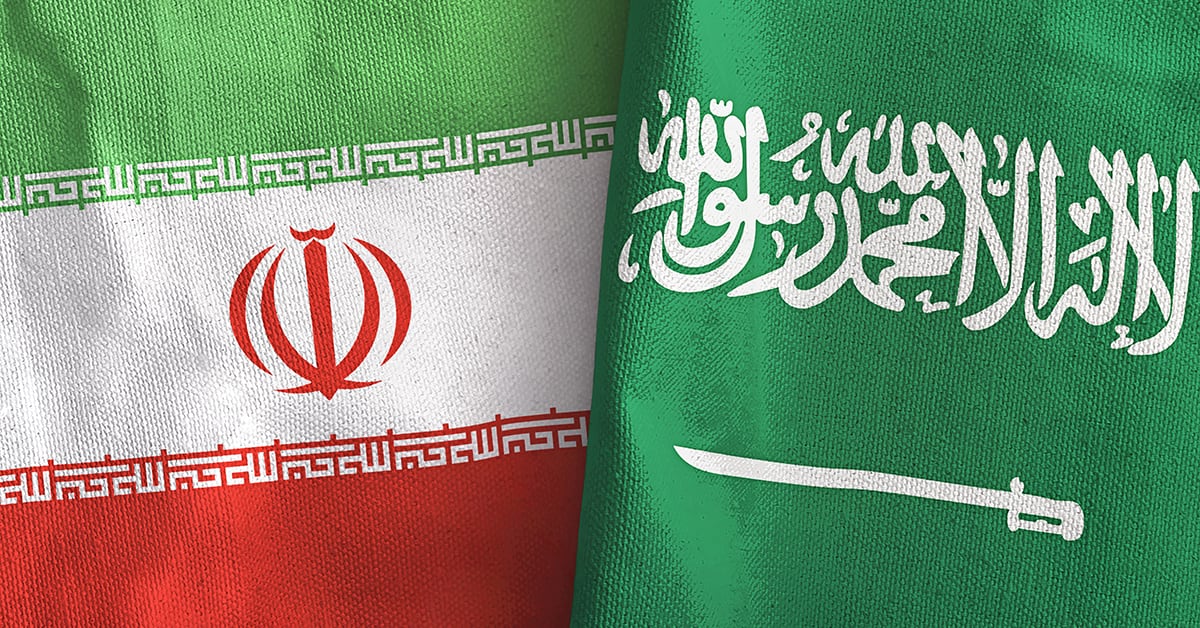The surprise deal was made possible by an unexpected actor from outside the region:China.

Following seven years of noncommunication between Saudi Arabia and Iran, the two Gulf states last month concluded a normalization agreement and restoration of diplomatic relations, brokered by the Chinese leadership. Signed March 10, 2023, the accord calls for both countries, which have been fighting a proxy conflict in places such as Yemen and Syria, to reduce tensions and pursue stability in the region, respect prior signed security agreements, and pursue economic collaboration.
The prevailing view among analysts is that the surprise deal was made possible by reducing US influence and China’s assertion of a new role as regional peace broker. Others, however, see it as a reflection of the Saudis’ pragmatic policy in the region, their interest in new alliances regionally and globally, and their desire to smooth the path for their economic expansion.
The Iran agreement “may have more to do with resolving the Yemen War than rebuking the Biden administration,” says Simon Henderson, a Saudi expert with the Washington Institute, a DC-based think tank.
Both parties could use an economic boost. Iran’s economy has deteriorated dramatically in recent years. As of the beginning of March, inflation has reached more than 50%, and Iranians’ household savings have been shrinking. The rial reached an alltime low last month, and Iranian oil production, a critical source of growth, continues to decline. The Saudi economy, meanwhile, needs foreign investment urgently to rebound from pandemic disruption and fluctuating oil prices.
The Beijing-brokered deal also begs the question of whether US influence in the Middle East is under threat. Yet, US-Saudi relations have improved greatly in recent years as countries in the region look for ways to build a more integrated greater Middle East; the “Abraham Accords” between Israel and some of the smaller Gulf states are a case in point. The US still plays a significant role in providing a security umbrella for its allies in addition to building security and economic alliances that counterbalance insurgencies in the region.
That suggests Saudi leaders are unlikely to face sanctions from the US and will focus on strategic and security components of the new Iranian relationship. In addition, the behind-the-scenes Saudi-Israeli normalization process, with its potential economic fruits, will still depend on limiting Iran’s influence on Saudi and US decision making, including on nuclear matters.



